In recent years, the concept of VUCA, including Volatility, Uncertainty, Complexity and Ambiguity, has been used by many internationaleducation experts to describe the unpredictable fluctuations of the labor market in the strong transformation wave of the fourth industrial revolution.
To adapt to these new requirements, higher education institutions have gradually shifted to opening interdisciplinary, cross-disciplinary or “hybrid” majors, instead of just developing completely new majors. With basic science majors at risk of shrinking enrollment sources, many schools have proactively integrated them into applied science majors, creating new major codes to maintain enrollment, increase attractiveness to candidates and expand job opportunities for students.
Schools in the economic sector promote the integration of information technology into their training programs; on the contrary, many technical, information technology, and biomedical training institutions focus on developing additional majors in the social sciences. For example, Hanoi Medical University has added majors in Social Work and Psychology; Ho Chi Minh City University of Technical Education has added majors in Educational Psychology, Nutrition, and Food Science, etc.
For a long time, the university education model in Vietnam has mainly been oriented towards narrow and specialized training. Education experts believe that this model brings advantages in professional training.
However, the explosive development of information technology and automation has profoundly changed the structure of the labor market. Human resource needs are not only dependent on economic trends, but also influenced by social and technological changes. The traditional skills that students were equipped with in the past are not enough to adapt to the new working environment.
Many traditional jobs are gradually being replaced by positions that require digital skills such as programming, data analysis or system management. This reality shows that future workers need to possess broad knowledge, the ability to identify problems and solve situations flexibly rather than just having in-depth knowledge of one field - something that artificial intelligence (AI) can completely handle. Workers in the 4.0 era need to be trained in a multidisciplinary, interdisciplinary direction and equipped with integrated skills, instead of focusing on a single expertise.
Interdisciplinary and transdisciplinary training offers the advantage of covering knowledge, integrating specialized fields into a unified training program, helping learners proactively adapt to the changing labor market. The great advantage of this model also lies in expanding the admission combination and diversifying the field of study for candidates. However, to ensure effectiveness, universities need to build a curriculum framework with knowledge capacity and connectivity between majors.
According to the recommendation of Mr. Bui Van Ga - former Deputy Minister of Education and Training, the training program needs to be flexibly designed, with compulsory courses to provide a solid foundation of specialized knowledge.
These courses, although different between disciplines, must integrate digital technology and soft skills. At the same time, students need to choose elective courses from related fields to expand interdisciplinary knowledge, thereby having a multi-dimensional perspective and high applicability in practice.
Learners are also encouraged to take courses in business administration, engineering, data science or communications to prepare them to work in a more integrated and flexible environment.
Source: https://giaoducthoidai.vn/dao-tao-lien-nganh-xuyen-nganh-moi-va-khac-post738833.html



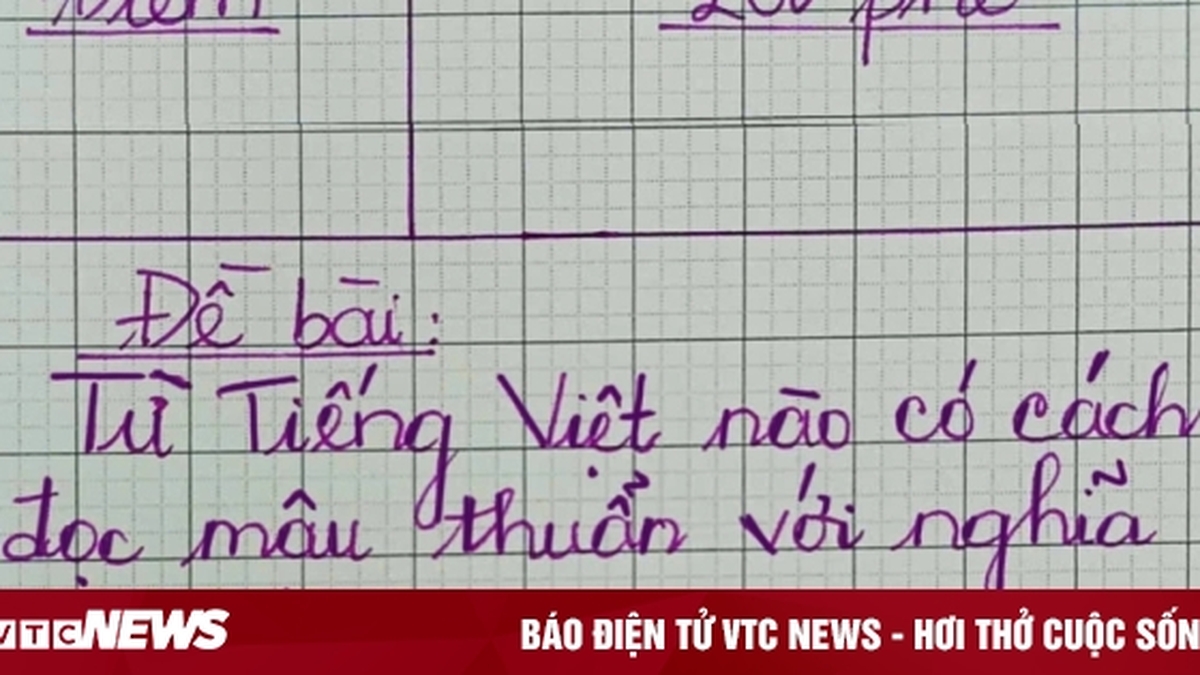
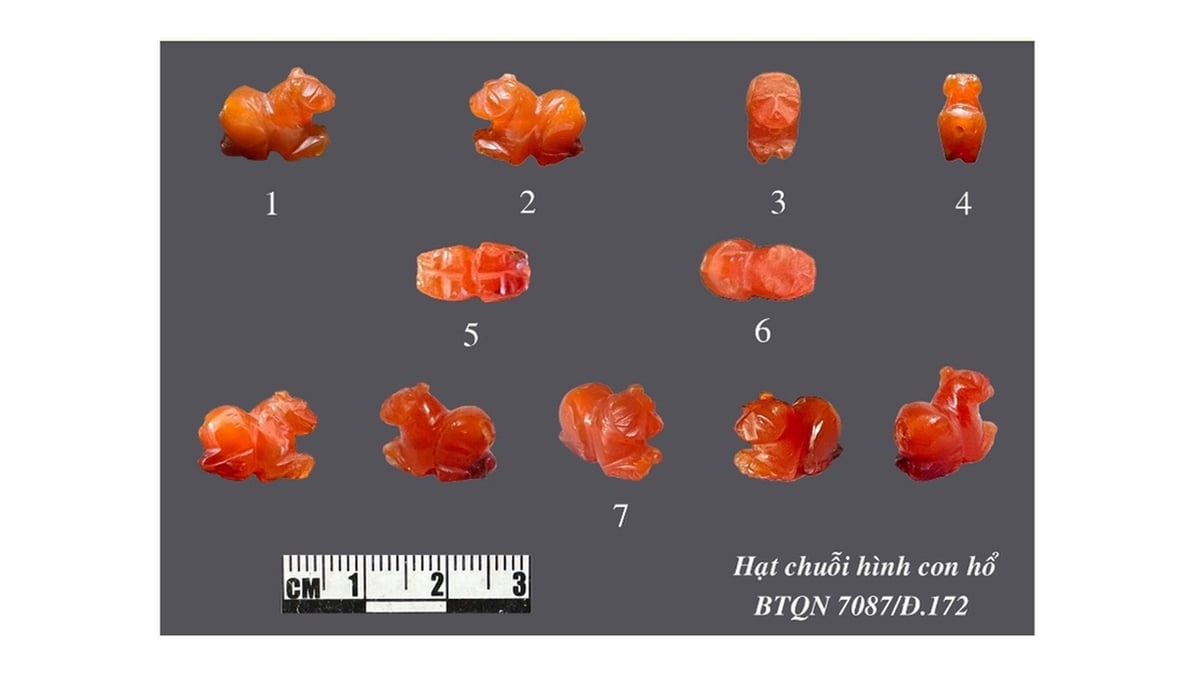
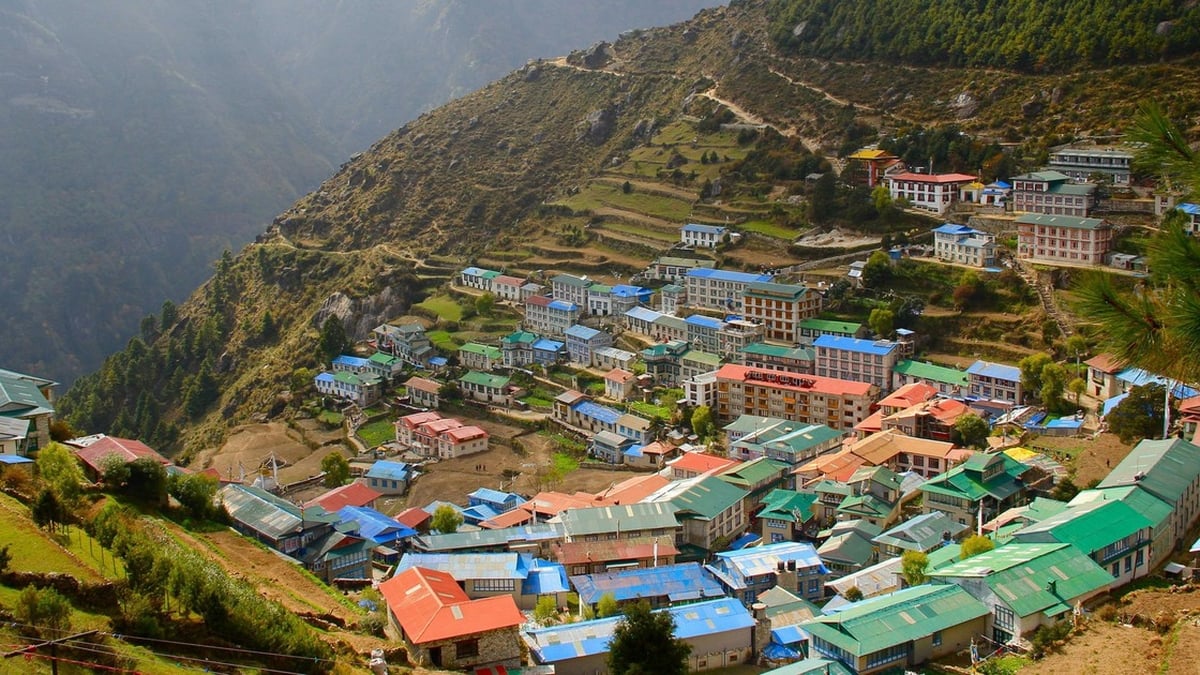
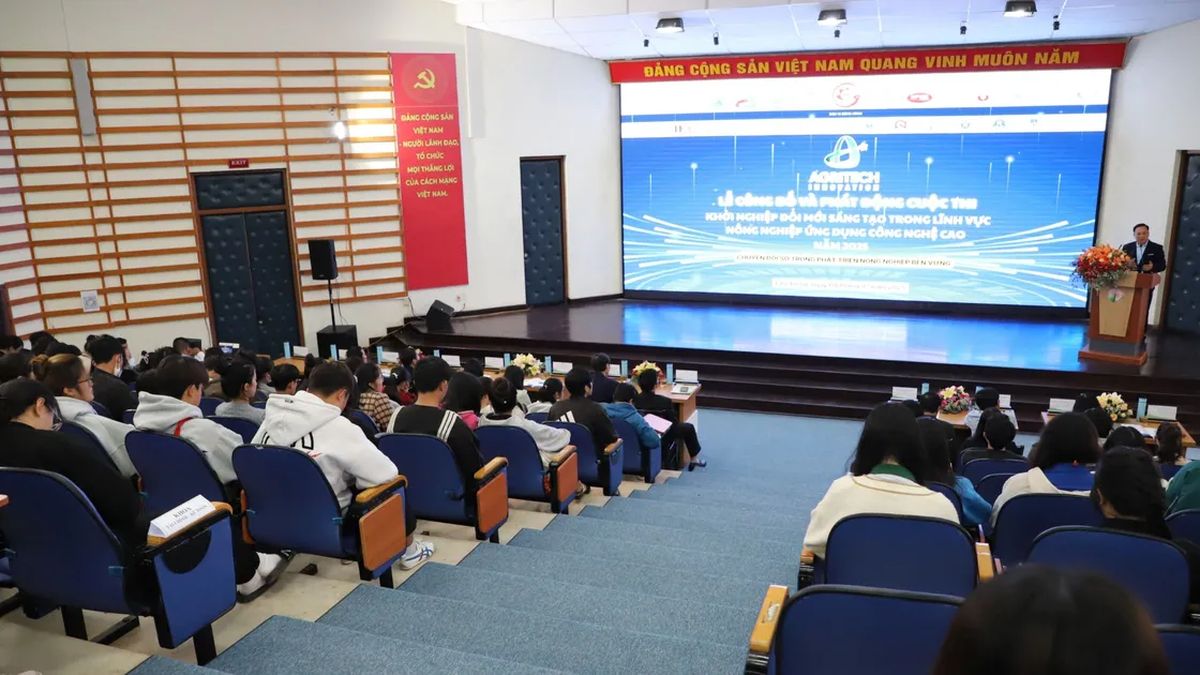

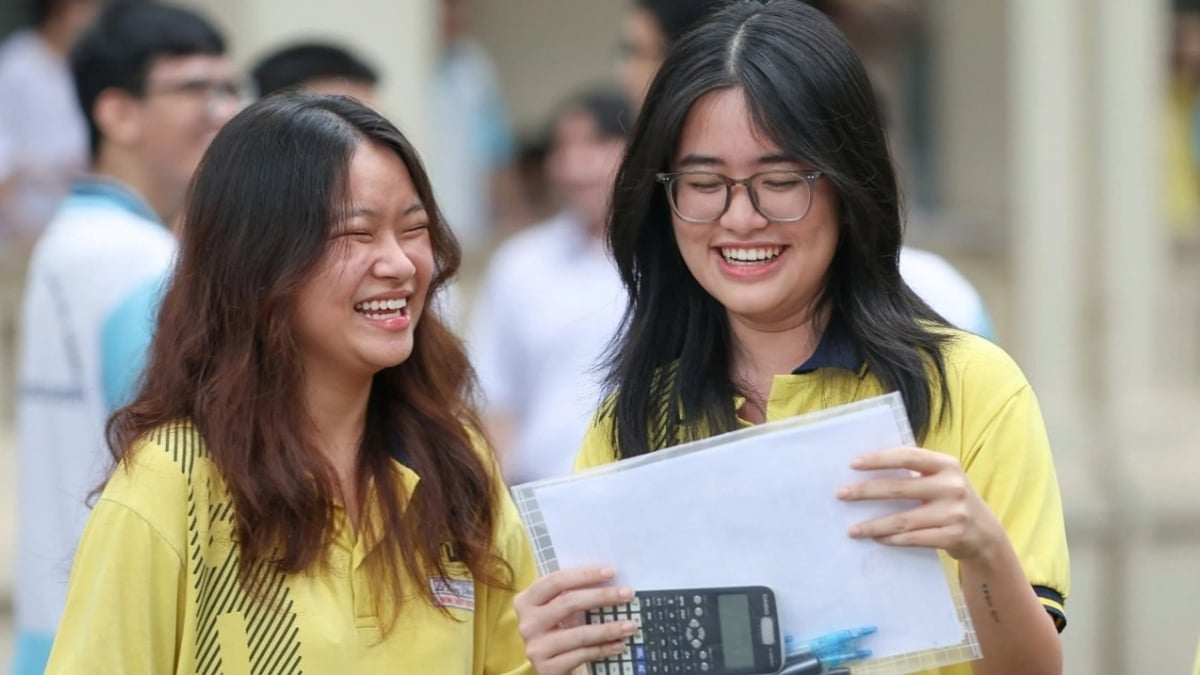
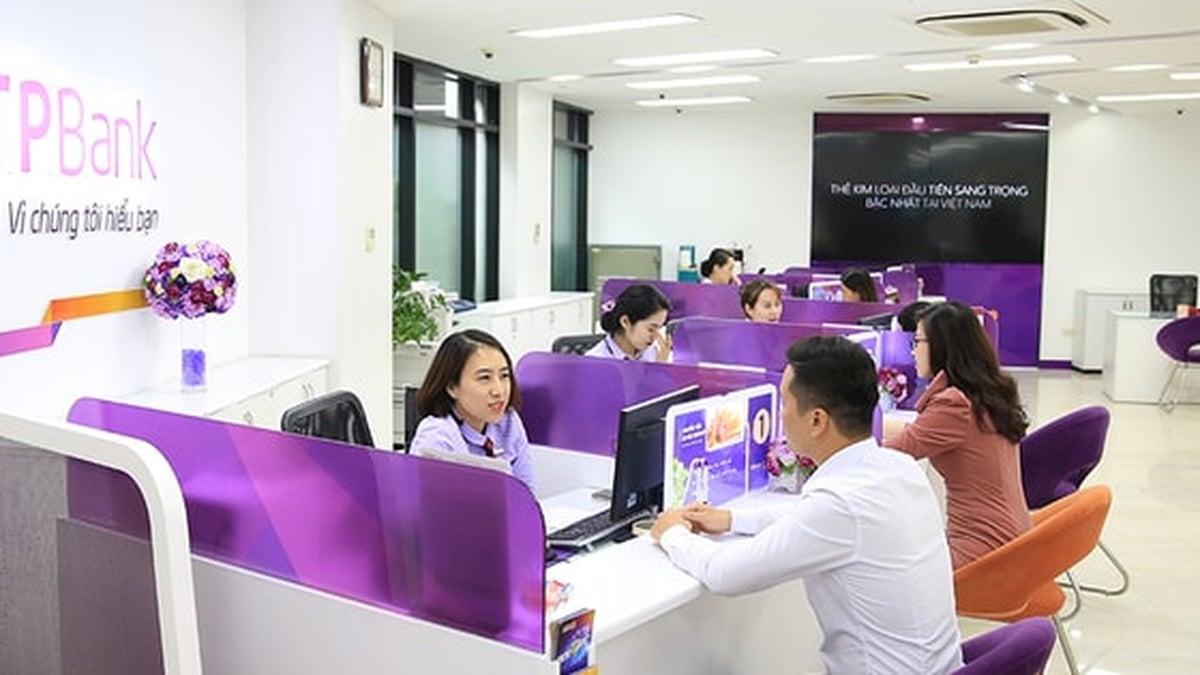













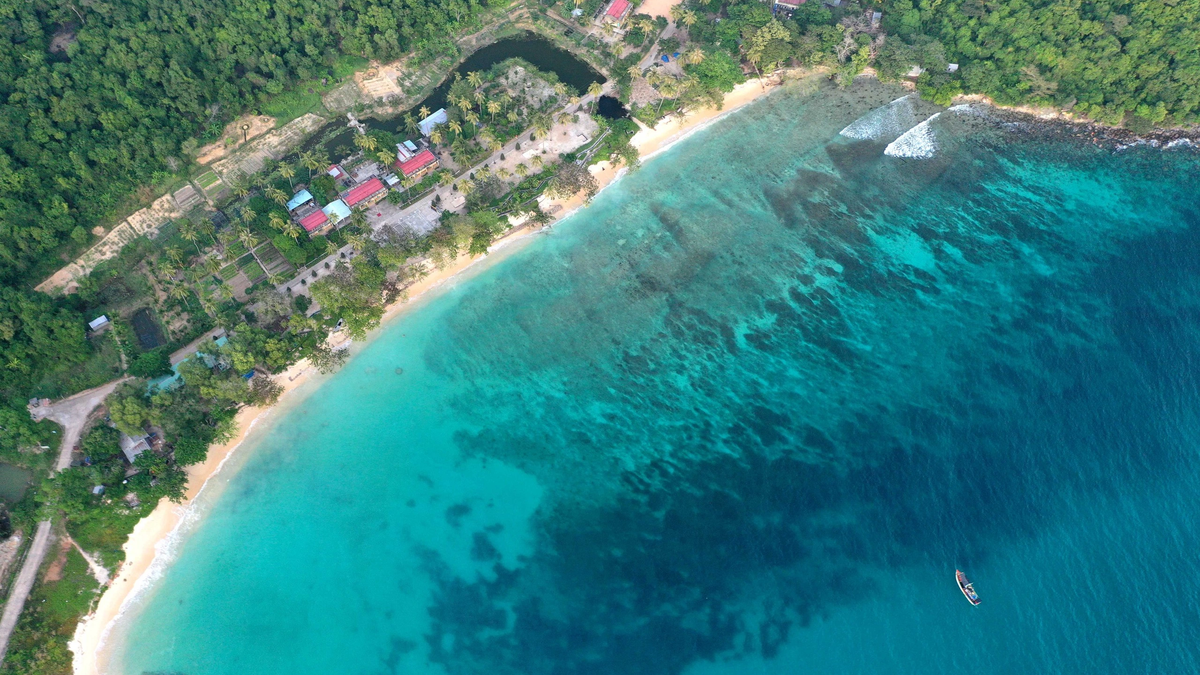


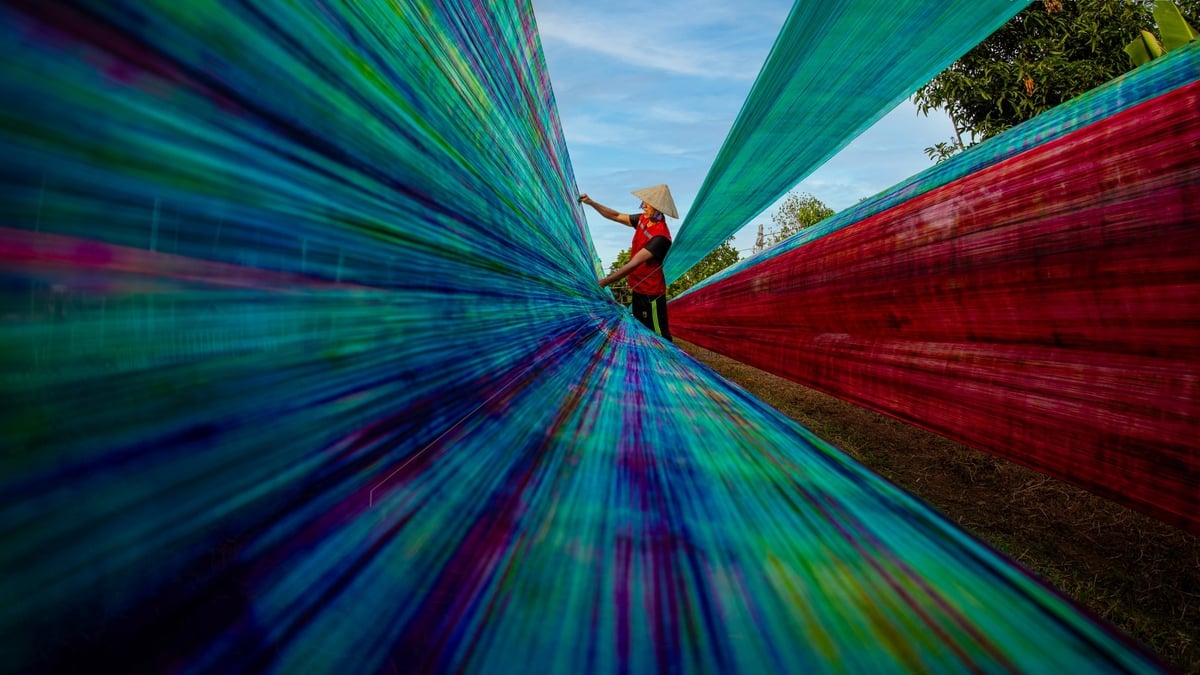

































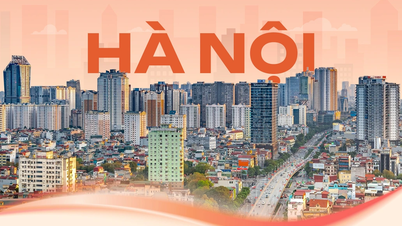


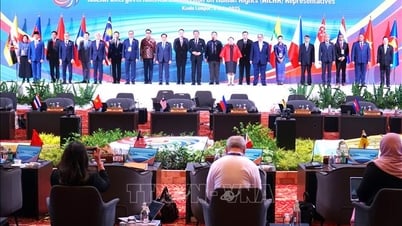




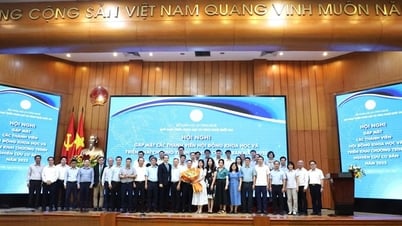

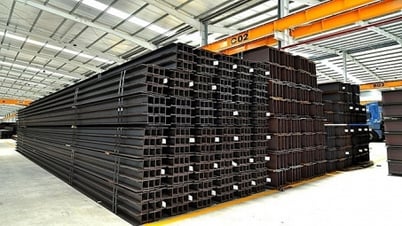

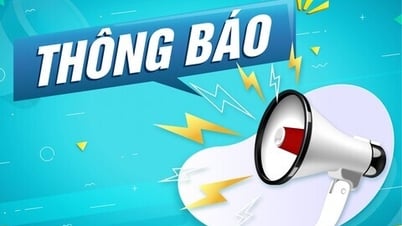
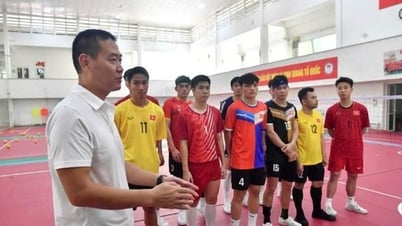

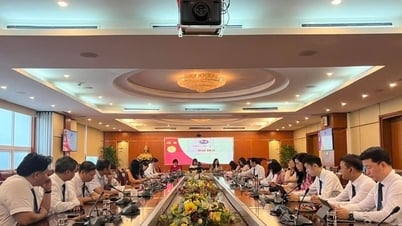
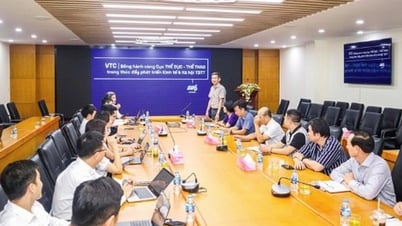

















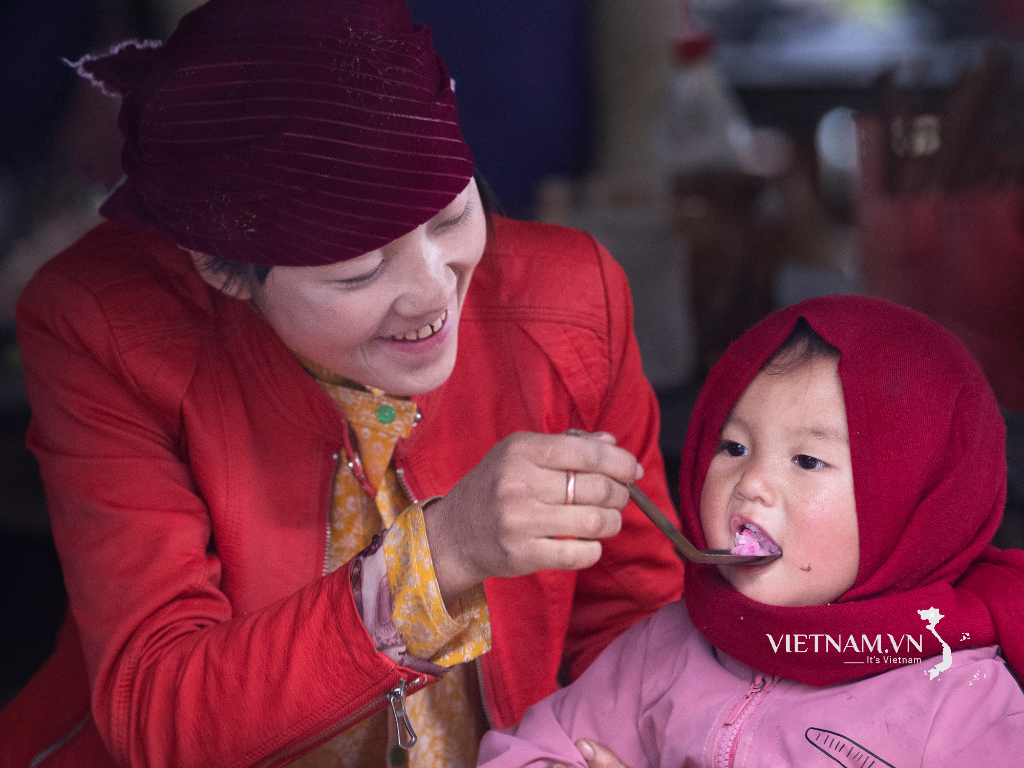
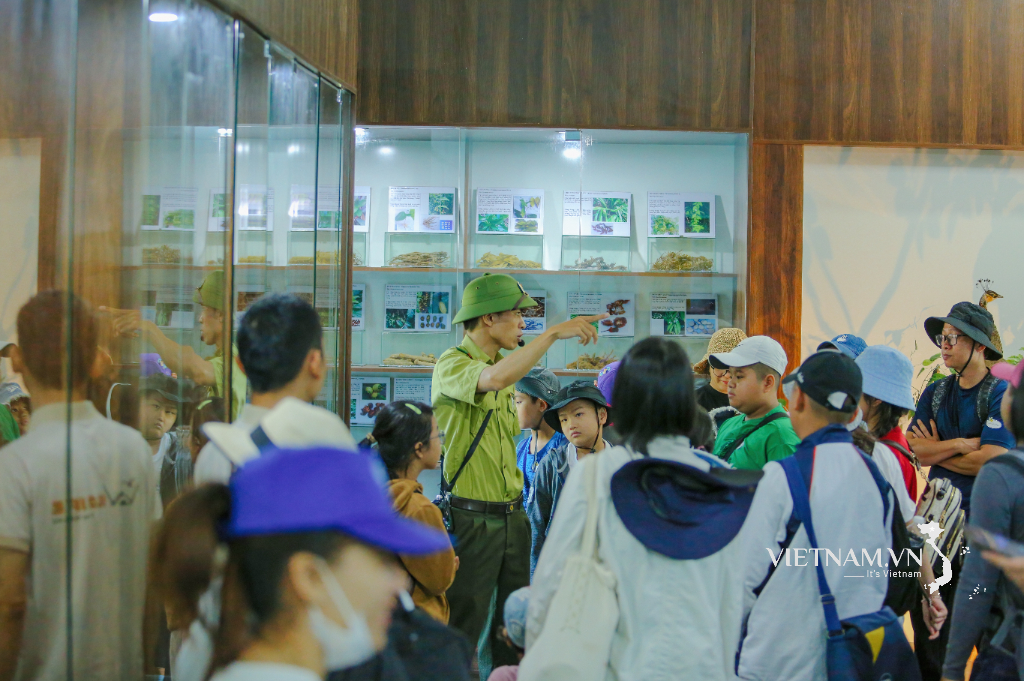
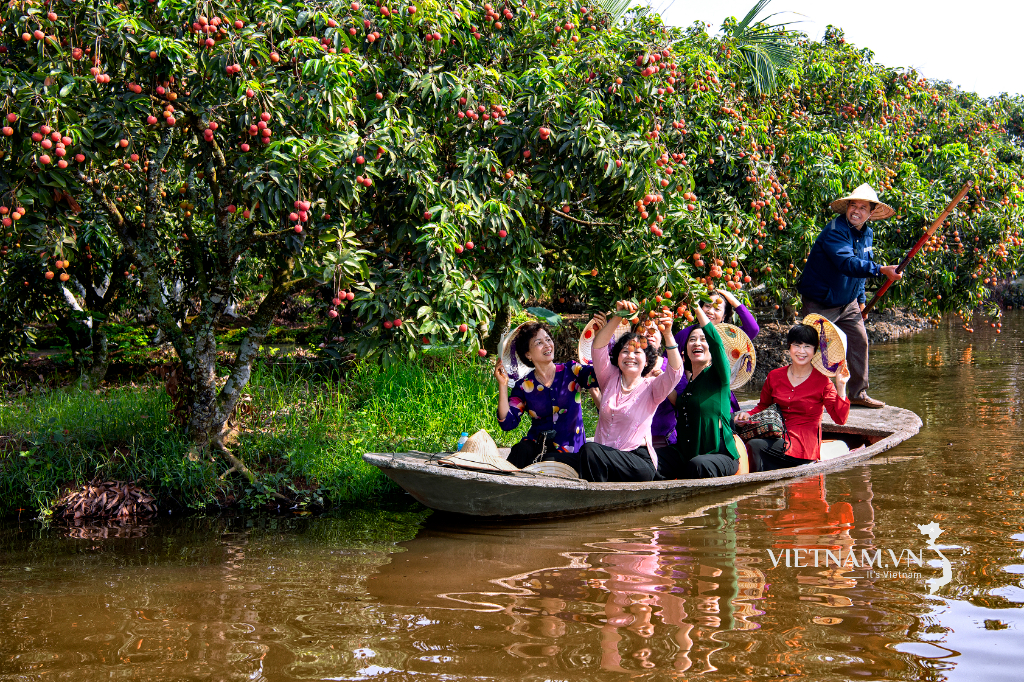
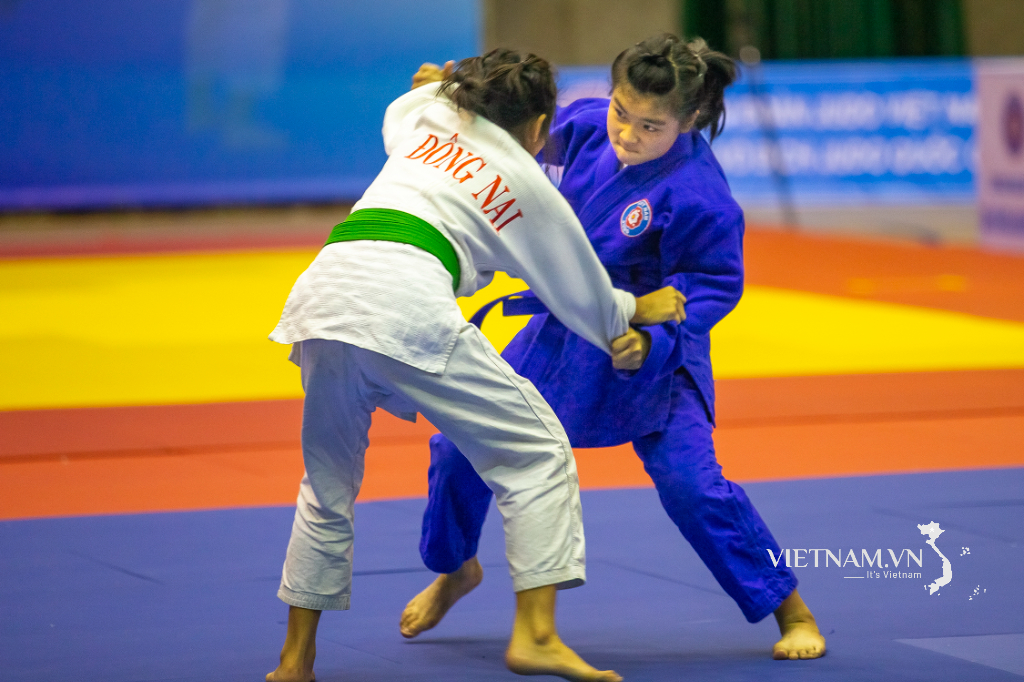
Comment (0)